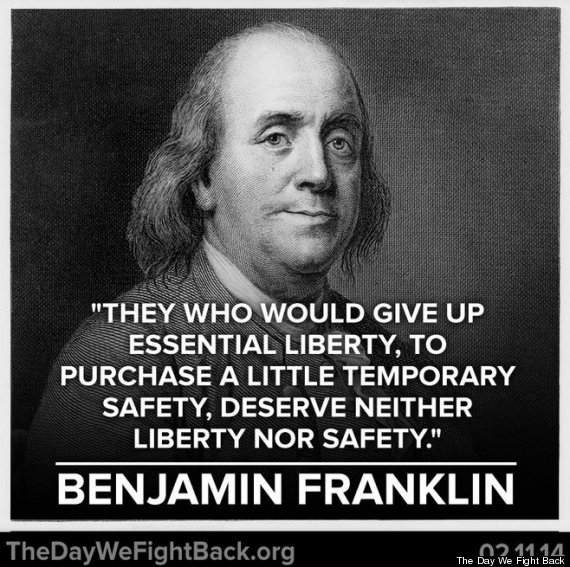Texas is an American state best known for its gun-loving, big truck driving, cowboy, remember the Alamo culture. It is the last place I’d expect high speed rail infrastructure to actually get support in the USA. The good news here is that not only are Texans in favour of high speed rail – the private sector is going to fund.
This is a great contrast to other states where governments are even apprehensive to do feasibility studies. The private company will use Japanese technology and pay for building the infrastructure. With luck, this Texas push for rail will spread further than that state’s borders. Getting more people onto trains instead of driving everywhere is good for everyone.
Five years ago, the company started work on bringing Japan’s bullet train to the U.S. It studied 97 potential city pairs.
Which route would pay for construction and operating costs and generate a return for investors? Which would serve as a showcase so the model might be replicated elsewhere?
Weigh all the factors, and Dallas to Houston was the top choice.
“This is a golden market to deploy our system,†said Richard Lawless, CEO of Texas Central Railway and a former CIA employee who served in Asia and Europe.
Dallas and Houston are the ideal distance for high-speed rail, about 230 miles apart. A one-way rail trip is expected to take less than 90 minutes.
